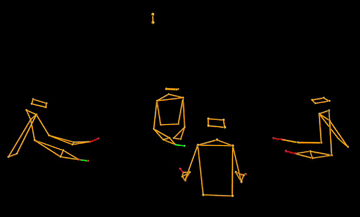Former Max Planck Research Group Music Cognition and Action

Human interaction in musical contexts showcases remarkably precise temporal coordination among instrumentalists and dancers, and between performers and audience members. Such coordination is often a highly creative affair: Synchrony can be achieved through the use of different effectors (e.g., hands, feet, hips, shoulders, and heads), it can result in a seemingly infinite number of temporal structures (e.g., by coordinating rhythms with varying levels of complexity), and it is characterised by rapid adaptation to tempo changes in familiar and unfamiliar musical styles (e.g., when dancing to the music of a foreign culture).
The Music Cognition and Action (MCA) group investigates the mental processes and neural mechanisms that enable humans to coordinate their actions with the fine precision and flexibility that can be observed during musical interaction. Our research is currently focused on the mechanisms that allow ensemble musicians to:
- divide attention between their own actions and those of others while monitoring the overall, integrated ensemble sound;
- anticipate their own sounds and the sounds produced by other performers using auditory imagery;
- continuously adjust the timing of their movements in order to maintain synchrony in the face of tempo changes and other (often unpredictable) events.
